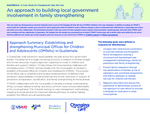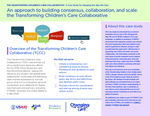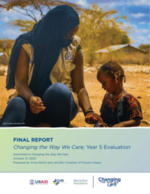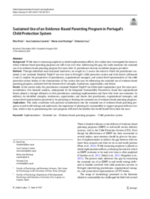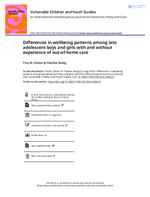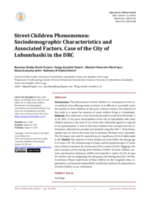Changing the Way We Care Case Study: An approach to formalizing an informal alternative family care option
This case study, developed by an external evaluation team as part of the Changing the Way We Care (CTWWC) initiative’s five-year evaluation, examines efforts in Kenya to promote and formalize Kafaalah as a recognized alternative family care option.



